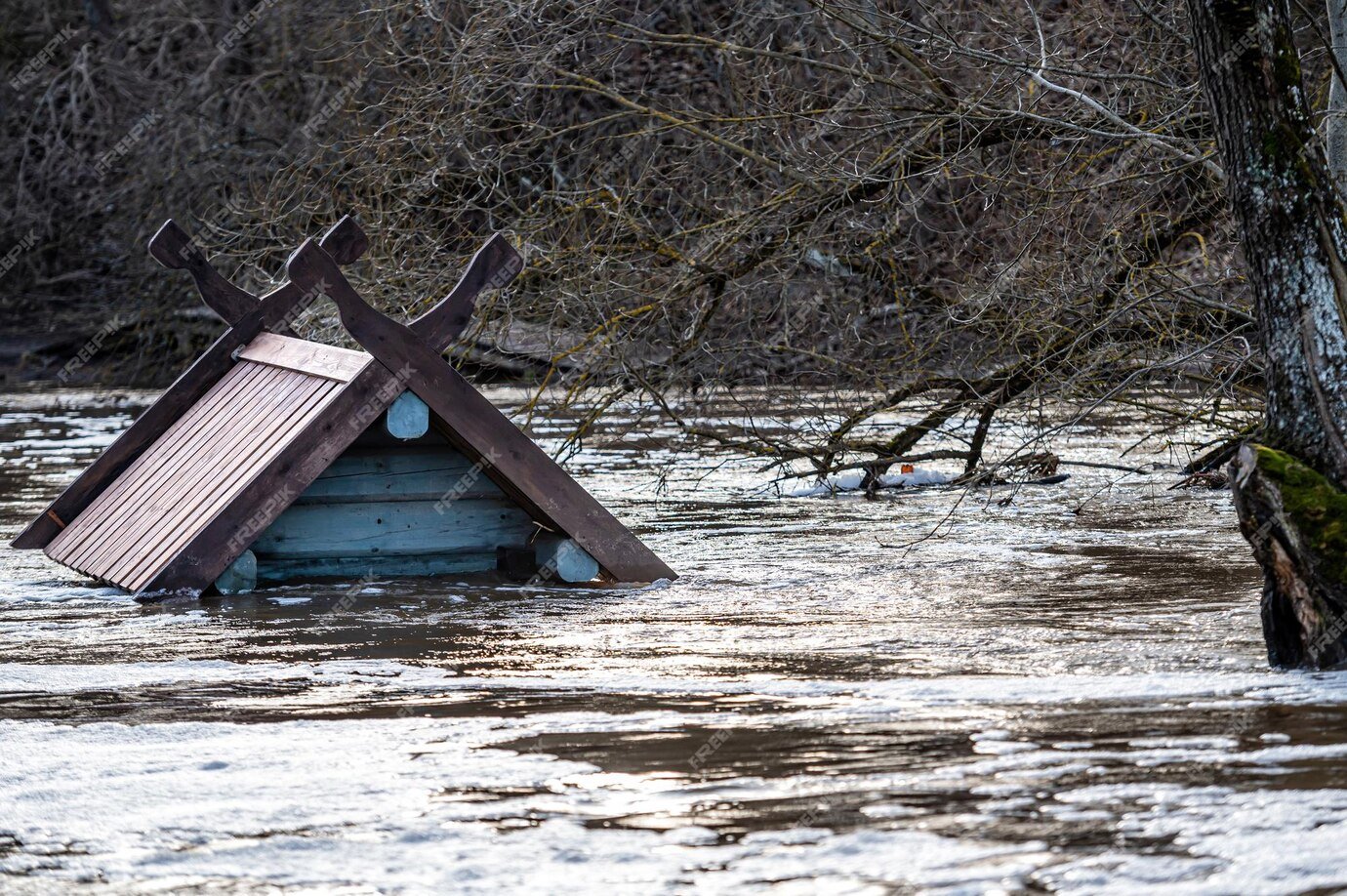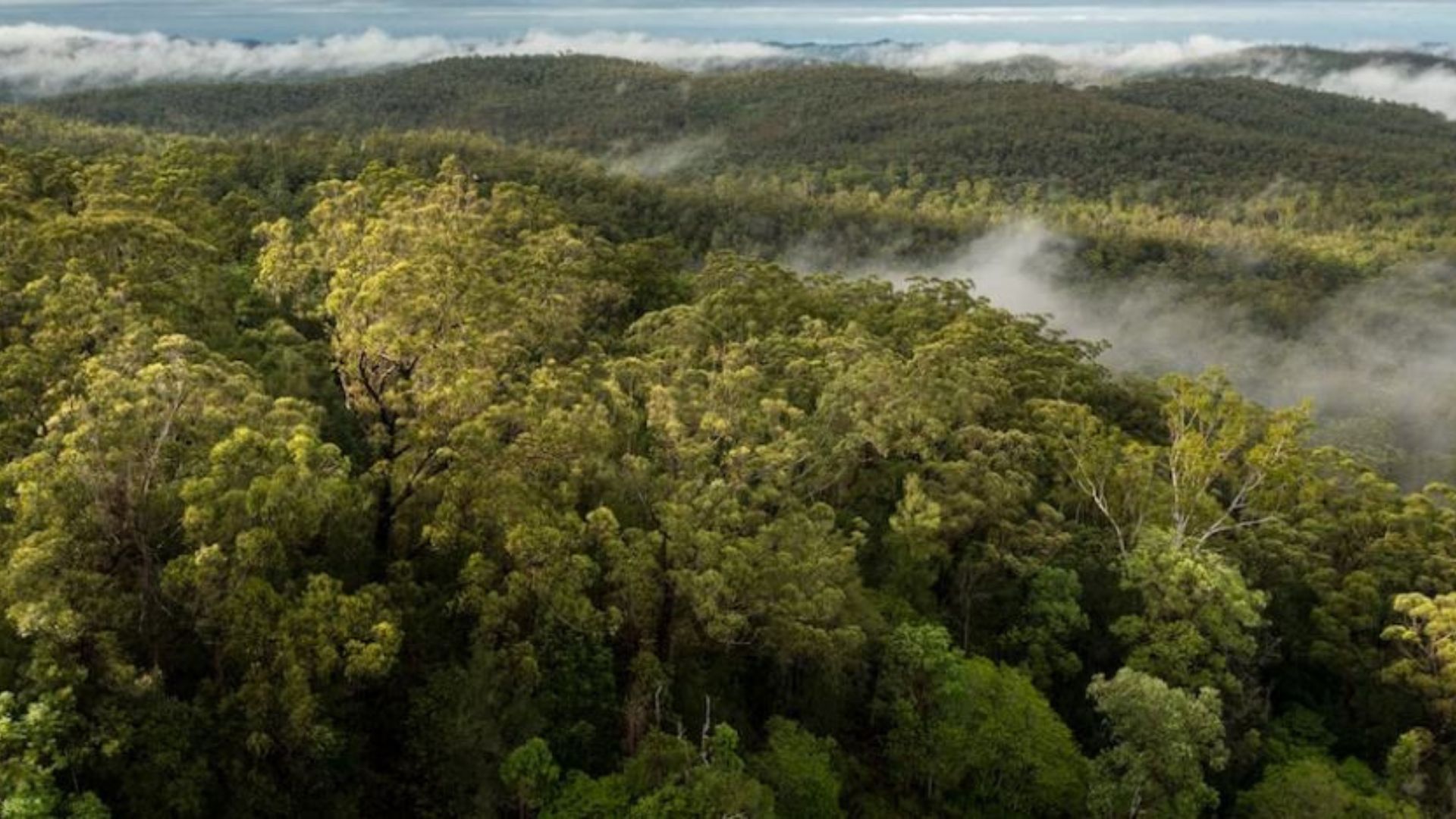Panama Prepares to Evacuate First Island Due to Climate Change and Rising Sea Levels
On a small island off Panama’s Caribbean coast, about 300 families are preparing for a significant transition. Generations of Gunas who have lived on Gardi Sugdub, with a lifestyle centered around the sea and tourism, will soon move to the mainland’s solid ground.
Gardi Sugdub’s residents are the first of 63 coastal communities in Panama expected to relocate in the coming decades due to rising sea levels, as projected by government officials and scientists.
Leaving Behind Their Lives
Recently, the island’s Indigenous inhabitants were seen rowing or using outboard motors to fish. Children, dressed in uniforms or the colorful traditional textiles known as “molas,” hurried through the narrow dirt streets to school.

Source: Wikimedia
“We’re a little sad, because we’re going to leave behind the homes we’ve known all our lives, the relationship with the sea, where we fish, where we bathe and where the tourists come, but the sea is sinking the island little by little,” said Nadín Morales, 24, who is preparing to move with her family.
Some Choose To Remain Despite Rising Sea Levels
An official from Panama’s housing ministry mentioned that some residents have decided to stay on the island until it becomes unsafe.

Source: Freepik
The authorities will not force them to leave, the official stated, speaking anonymously.
Small Island Under Threat
Gardi Sugdub is one of about 50 inhabited islands in the Guna Yala archipelago.

Source: Wikimedia
Measuring approximately 400 yards (366 meters) long and 150 yards (137 meters) wide, the island is dotted with short docks where residents moor their boats.
Storms Flooding Homes
Every year, especially during November and December when strong winds whip up the sea, water floods the streets and homes.

Source: Freepik
Climate change is not only causing sea levels to rise but also warming the oceans, leading to stronger storms.
“Heat Is Unbearable”
Despite efforts to reinforce the island’s edges with rocks, pilings, and coral, seawater continues to encroach.

Source: Wirestock, Freepik
“Lately, I’ve seen that climate change has had a major impact,” Morales said. “Now the tide comes to a level it didn’t before, and the heat is unbearable.”
Mainland Offers Safer Living Conditions
The Guna’s autonomous government decided two decades ago to consider relocating due to overcrowding, but the effects of climate change accelerated this decision, explained Evelio López, a 61-year-old teacher on the island.

Source: Wikimedia
He plans to move with relatives to the new site on the mainland, developed by the government at a cost of $12 million. The concrete houses are situated on paved streets carved out of the lush tropical jungle, just over a mile (2 kilometers) from the port, with an eight-minute boat ride to Gardi Sugdub.
Leaving 200 Years Of Culture
Leaving the island is “a great challenge, because more than 200 years of our culture is from the sea, so leaving this island means a lot of things,” López said.

Source: @MRobertsQLD/X
“Leaving the sea, the economic activities that we have there on the island, and now we’re going to be on solid ground, in the forest. We’re going to see what the result is in the long run.”
Abandoning The Island Is Inevitable
Steven Paton, director of the Smithsonian Institution’s physical monitoring program in Panama, stated that the relocation “is a direct consequence of climate change through the increase in sea level.”

Source: Wikimedia
“The islands on average are only a half-meter above sea level, and as that level rises, sooner or later the Gunas are going to have to abandon all of the islands almost surely by the end of the century or earlier.”
Climate Change Affecting The Entire World At Different Pace
“All of the world’s coasts are being affected by this at different speeds,” Paton said.

Source: Freepik
Last year, a small coastal community in Mexico moved inland after storms repeatedly destroyed their homes. Governments are being forced to act, from Venice in Italy to coastal communities in New Zealand.
Costly Project To Relocate Inhabitants
A recent study by Panama’s Environmental Ministry’s Climate Change directorate, supported by universities in Panama and Spain, estimated that by 2050, Panama would lose about 2.01% of its coastal territory due to rising sea levels.

Source: Freepik
Panama projects that it will cost approximately $1.2 billion to relocate the 38,000 inhabitants facing rising sea levels in the short and medium term, said Ligia Castro, the Environmental Ministry’s climate change director.
Adapting To A New Life
On Gardi Sugdub, women making the elaborately embroidered molas, worn by Guna women, hang them outside their homes to attract tourists. The island and others along the coast have benefitted from year-round tourism.
Braucilio de la Ossa, the deputy secretary of Carti, the port facing Gardi Sugdub, plans to move with his wife, daughter, sister-in-law, and mother-in-law. Some of his wife’s relatives will remain on the island. He noted that the biggest challenge for those relocating would be adjusting to a new lifestyle inland, despite the short distance from the sea. “Now that they will be in the forest their way of living will be different,” he said.
